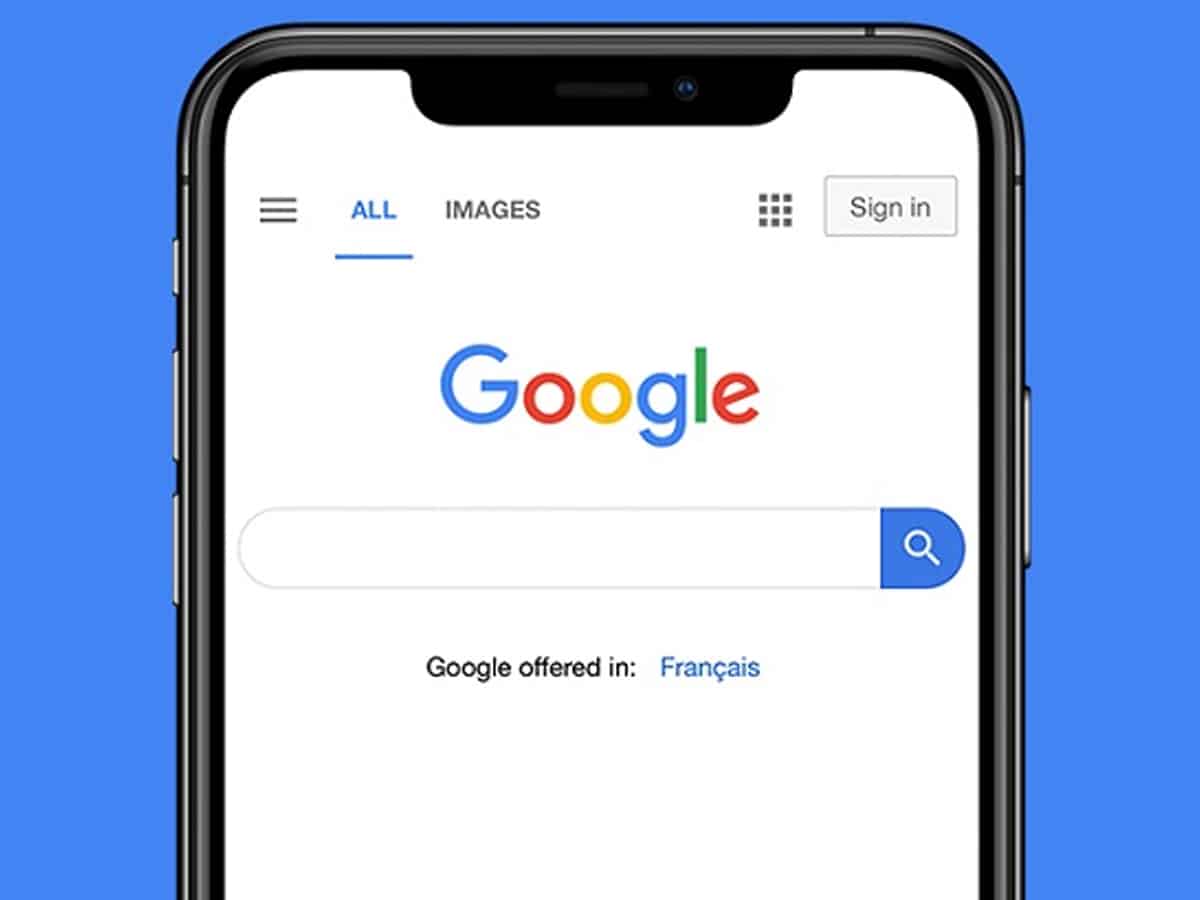
New Delhi: Google has announced to add a new “highly cited” label to Search results to help users find the original source of a trending story.
The company said it is introducing a way to help people identify stories that have been frequently cited by other news organisations.
“This label will appear on Top Stories. You will be able to find it on anything from an investigative article, to an interview, an announcement, a press release or a local news story, as long as other publishers indicate its relevance by linking to it,” said Nidhi Hebbar, Product Manager at Google.
The company said it is particularly interested in the potential to elevate original reporting, making it even easier for people to discover and engage with the publishers and journalists whose work brings unique value to a story.
The highly cited label is launching soon on mobile in English for the US and will roll out globally in the coming weeks, the company said in a blog post late on Thursday.
Along with the ‘highly cited’ label, Google is expanding its attempts to help search users critically evaluate the results they’re being shown.
“Starting today, on searches in English in the US, notices will also include tips to help you evaluate information online – reminding you that you can check whether a source is trusted on a topic, or come back later when there’s more information available,” informed Hebbar.
You can also check out our new resource page with pointers to help you navigate the information you’re finding online, based on research from information literacy experts.
Earlier this week, Alphabet and Google CEO Sundar Pichai announced Google is investing $10 million to help fight misinformation about the realities and facts of the war in Ukraine.
This includes new partnerships with think tanks and civil society organisations to conduct region-specific research into misinformation and disinformation and cash grants to support fact-checking networks and non-profits.



